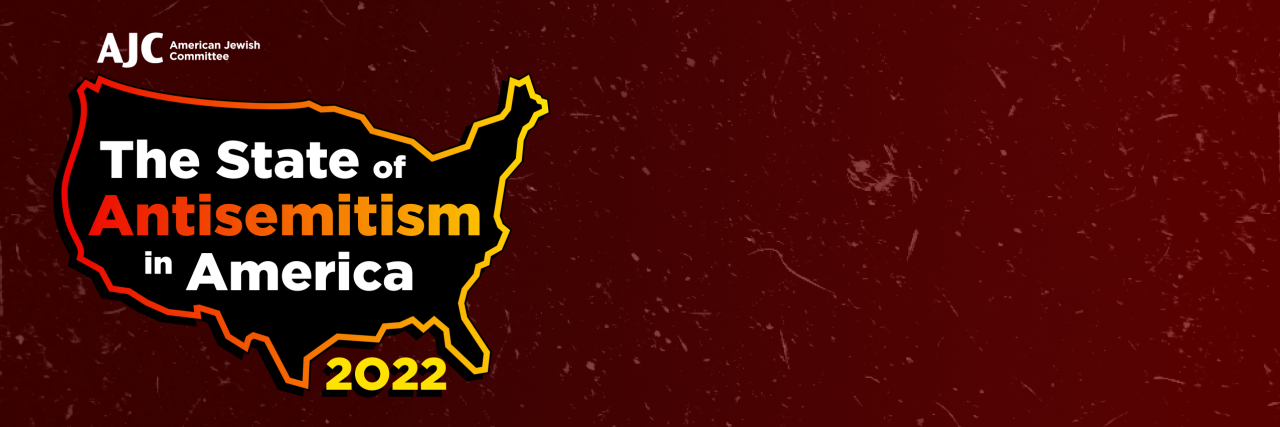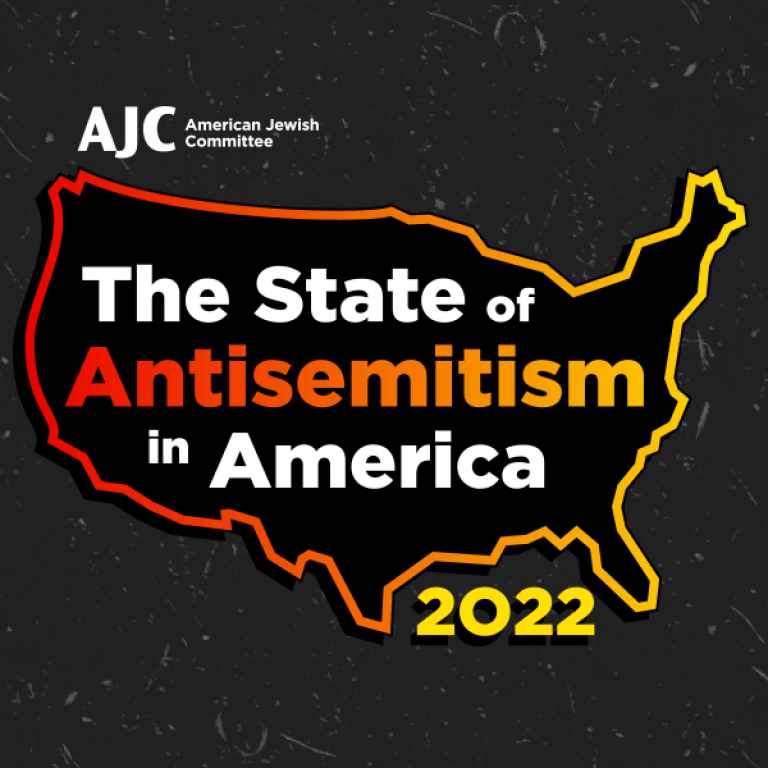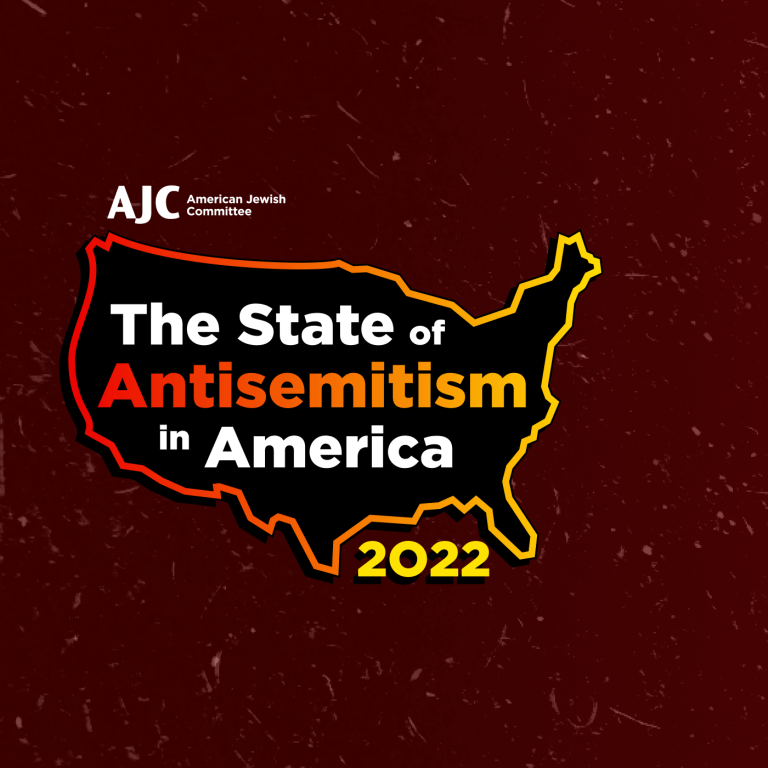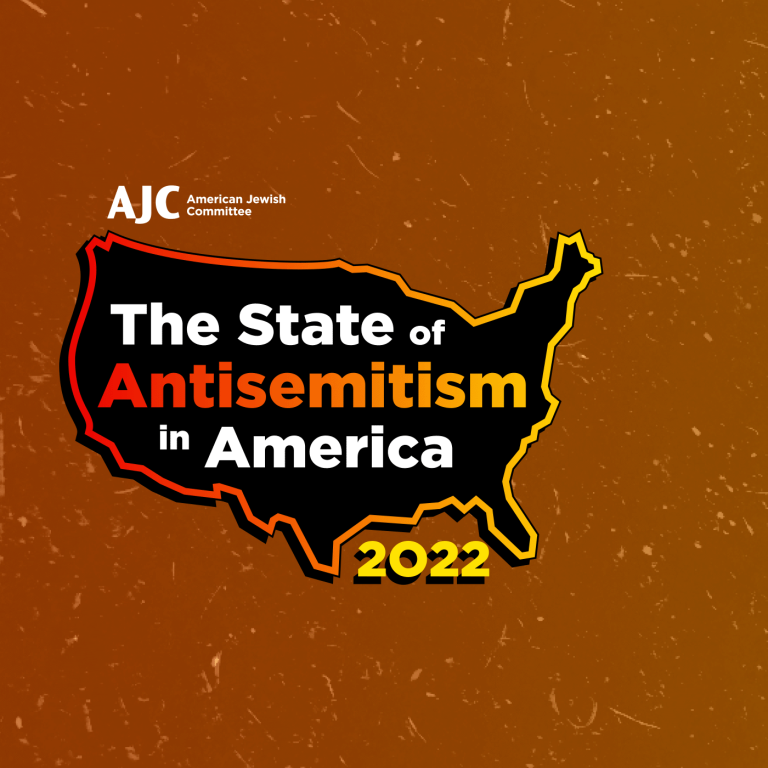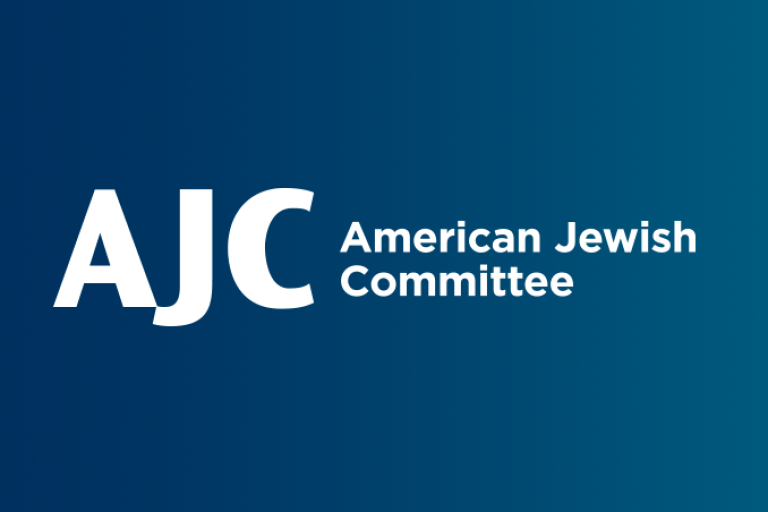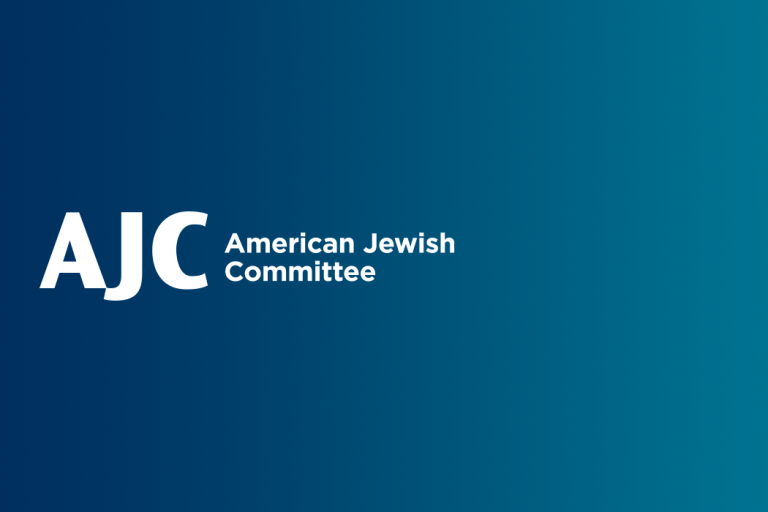February 14, 2023 — New York
More than a third of current or recent Jewish college students felt uncomfortable or unsafe at a campus event because they are Jewish, avoided wearing or carrying items that identified them as Jewish, or had trouble taking time off for Jewish holidays, an American Jewish Committee (AJC) survey found.
The findings were part of the fourth AJC State of Antisemitism in America report released Monday. It offers a comprehensive look at how Jews and the general public view antisemitism and its effects in the United States.
“Like every student, those who are Jewish must be made to feel like they belong on a college campus and are welcome,” said AJC CEO Ted Deutch. “On too many campuses, this is not the case. Universities and colleges must live up to their obligation to make their Jewish students feel safe and welcome.”
The survey questioned 350 adults who are either current college or university students, had been students in the last two years, or are parents of current or recent college students. Among the key findings:
- 26% had difficulty taking time off for class for Jewish holidays or were told they could not miss class
- 21% avoided wearing or carrying items that could identify them as Jewish
- 18% felt uncomfortable or unsafe at a campus event because they are Jewish
In all, 36% have avoided or experienced at least one of these items in the past 12 months.
In addition, 14% of those with recent or current college experience say they have felt or been excluded from a campus event or group because of an assumed or actual connection to Israel, while 12% say they have felt or been excluded because they are Jewish.
“Fear and intimidation cannot be part of the college experience for Jewish students,” said Meggie Wyschogrod Fredman, Senior Director of the AJC Alexander Young Leadership Department. “More colleges and universities need to acknowledge this and ensure their campus environment allows Jewish students to continue to feel safe and welcome.”
Through the Alexander Young Leadership department, AJC has made improving life for Jewish college students a major focus. Its Campus Affairs Department supports Jewish students by forging lasting coalitions to respond to antisemitic incidents; practicing effective advocacy; and providing tools to combat the Boycott, Divestment, and Sanctions movement that has taken root on many campuses.
The department empowers Jewish students through programs like the creation of the Campus Global Board and the summer Goldman Fellowship. In addition, Sara Coodin, AJC Director of Academic Affairs, works closely with many college administrators to improve conditions on campus for Jewish students, faculty, and staff.
Last year AJC, co-sponsored the University Presidents Summit on Campus Antisemitism, where more than 40 college and university presidents and administrators learned how to recognize and respond to anti-Jewish and anti-Zionist sentiment on their campuses and shared their personal experiences with antisemitism on campus as well as strategies for how to tackle these challenges most felt by Jewish students and faculty.
The surveys of American Jews and U.S. adults were conducted for the nonpartisan American Jewish Committee by the independent research firm SSRS. National representative samples of 1,507 Jews, ages 18 or older, were interviewed by telephone and online from September 28 – November 3, 2022, and 1,004 general population adults, 18 or older, via the SSRS Opinion Panel, from October 10 – October 18, 2022. The margin of error for Jewish respondents is +/-3.4 percentage points and for total U.S. adult respondents is +/-3.8 percentage points at the 95% confidence level.
